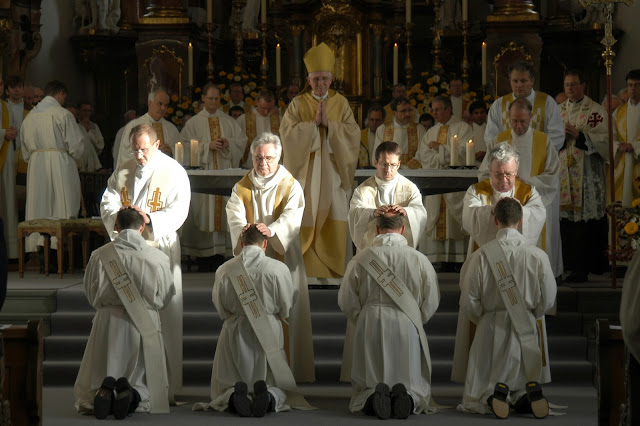Even the routine high school paperwork foreshadowed ominous threats ahead. The technology policy advised repeatedly that sexting and pornography are not acceptable on school grounds. Neither is bullying, defined as acting or speaking in such a way to make another feel afraid of physical harm. Skimming the four pages of legalese, I summarized to my daughter: "No nudity, no bullying, no nudity, don't be mean." She raised a quizzical eyebrow, but let it go.
The permission slip for the 9th grade welcome barbecue was even scarier. The opening words of the "Freshman BBQ Contract" robustly proclaimed: "I understand that the Freshman BBQ is a school sponsored event and that the use or possession of alcohol and/or illegal drugs is strictly prohibited. I understand that this rule includes not arriving at the school under the influence of alcohol and/or illegal drugs." I slanted a glance at my daughter. "No alcohol and no illegal drugs," I repeated weakly.
"Mom, why do you think you have to tell me that?" she asked with a smile conveying that she would never EVER do anything as silly as drink alcohol or take illegal drugs. "I'm more worried that THEY think they have to tell you that - to tell any ninth grader that," I replied. "They probably use the same permission slip for all the grades," she reassured me, "because they're just being cautious." The corners of my mouth quivered upward in an attempted smile.
The path from parochial school to public school seems perilous indeed. From no chewing gum to no drugs and alcohol. From a dress code that prohibits ballerina flats (too much toe cleavage?) to one that prohibits all "vulgar, obscene, or libelous" clothing items.
On the day of freshman orientation, my daughter collected all the duly-signed paranoid-inducing paperwork and stuffed it in her oversized purse. She was ready to go. Except.
"Can you wear the other shorts?" I asked her. The "other shorts" were a tiny bit looser and a tiny bit longer, so they would represent a major victory in the modesty department. A spate of fashion-ese poured out of her: "The other shorts are the wrong color and the wrong pattern and the wrong style for this shirt. See, the tiny diamond pattern on the shirt is vertical and the tiny diamond pattern on those shorts is horizontal. Do you HATE my fashion sense? :pout:" Trying not to collapse in a gibbering heap, I bundled her into the car and drove off towards the high school.
She blended in perfectly with all the other girls milling around outside the high school building. They might as well have been wearing a uniform. Blousy shirt, long straight hair, shorts cut so close to the body that they would make my thighs scream if I tried to squeeze into anything similar. Although I later discovered that the dress code required all shorts to reach mid-thigh, clearly not a soul was interested in following or enforcing it. If my daughter had worn anything else, she would have looked as out of place as someone wearing a 1920s bathing suit on a modern beach.
I know that modesty takes its cues from the surrounding time and culture (CCC 2524). When my mother was growing up in the 1950s, my grandmother was horrified by the idea that my mother would ever wear black pants. Oh, the scandal! In Victorian times, an ankle was taboo. And in the future,we might all be wearing skintight spacesuits like the Star Trek: Next Generation crew. But I also know that if modesty exists along a sliding scale, I'd rather my daughter be on the more modest end of what's culturally acceptable.
Still, I have great sympathy for my daughter's feelings. I remember being a teenage girl, equally perplexed by my parents' complaint that certain outfits were inappropriate and my peers' conviction that I was dowdy. I didn't care about fashion -- there were too many crossword puzzles to be solved, languages to be learned, and cool philosophical concepts to be grasped. I just wanted to escape the emotional pummeling and the certainty that, no matter what, someone would always think I looked ugly.
I want to protect my daughter equally from self-doubt and from external harm (i.e., boys). She is both more valuable and more vulnerable as she steps over the threshold of womanhood. While I will probably never have children again, her body is now capable of generating them. She bears within her the future: future children, future career, making her mark on a future society.
As my daughter grows inevitably, inexorably towards adulthood, the next stage of my life is creeping up on me as well. At age 14, I may not have been fashion-forward, but I felt like I had enough drive and determination to conquer the world. At age 44, I wonder when I can sneak my next nap. And I envy my daughter a little. She is bright with innumerable possibilities, alight with potential. She has never truly been hurt.
It is time to let her meet the world. It is time for me to let go a little. It is time for me to pray harder.















